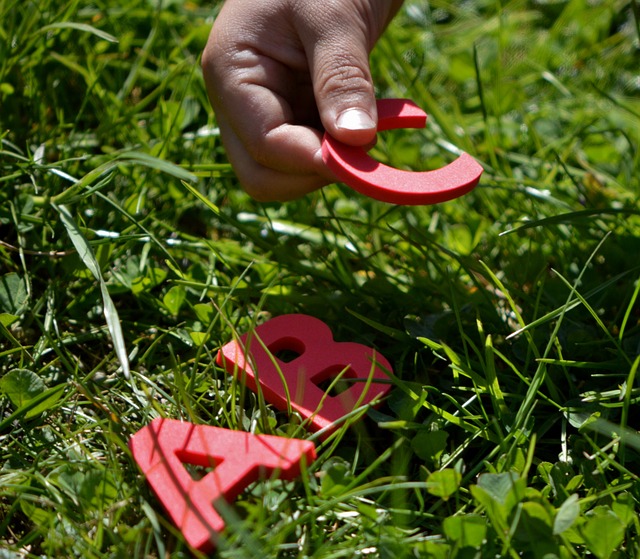No pressure, teachers, but as an academic instructor, you’ve not only taken on students’ learning development, but also their social and emotional development.
The role teachers play in child development is a vital one, but playing it can be emotionally draining, asserts Alex Shevrin, a teacher at Center Point School in Winooski, Vt.
Shevrin was recently recognized as one of SmartBrief’s Editor’s Choice Content Award winners for her blog post, “A mindset shift to continue supporting the most frustrating kids.”
In her post, Shevrin, who teaches at a small, non-profit alternative therapeutic school, advises teachers to shift their mindset to prioritize mental health before feelings of frustration and irritation begin to “chip away” at empathy.
Breaking the script
“When [a student] calls me a b****, my first question is, ‘Hey, are you okay?’” she said in a recent Education Talk Radio interview, explaining that a child acting out is facing larger problems.
Shevrin noted that students who have had challenges throughout their career are used to a certain predictable script: they communicate disrespectfully, an adult tells them to stop, and then they get in trouble.
“If you have an opportunity to break the script and say something they’re not expecting, it gets you a little closer in building a relationship with them so that they can try to do something different,” she said.
Shevrin identifies that maintaining consistent positivity lies within teacher wellness.
Because teachers feel a deep sense of responsibility for children’s success, and struggling students are emotionally overwhelming, one must feel valued as an educator in order to pass along unconditional positive regard to children, she said.
Shevrin recommends building teacher support systems through wellness groups, friendships or other in-school relationships to develop understanding of complex issues and work together to solve both personal and student problems.
Shevrin further advises teachers to ask themselves, and each other, the following questions to regain rationality in times of frustration:
-
Why am I feeling this way?
-
Could this feeling give me insight into how my student is feeling?
-
What does it mean about me that I feel so frustrated, lost or hopeless? Does it change my conception of myself as a teacher and person?
-
What do my students’ challenges bring up for me? How does my own history influence my responses?
With fundamental stability and wellness, teachers can better support themselves, their co-workers, and, most importantly, their kids who are having a hard time.
Alex Shevrin is a recent winner of the monthly Editor’s Choice Content Award. For more teacher tactics on handling challenging students, listen to her full Education Talk Radio interview.
Allison Kline is an editorial intern at SmartBrief.
___________________________________
Like this article? Sign up for ASCD SmartBrief to get news like this in your inbox, or check out all of SmartBrief’s education newsletters, covering career and technical education, educational leadership, math education and more.
